Being wounded in combat is a horrifying experience. Some wounded soldiers succumb to wounds that appear to be survivable. However, some soldiers surprise medical staff by surviving wounds that seem to be inevitably fatal.
A few not only survive repeated wounds, but they are able to carry on with their lives apparently regardless.
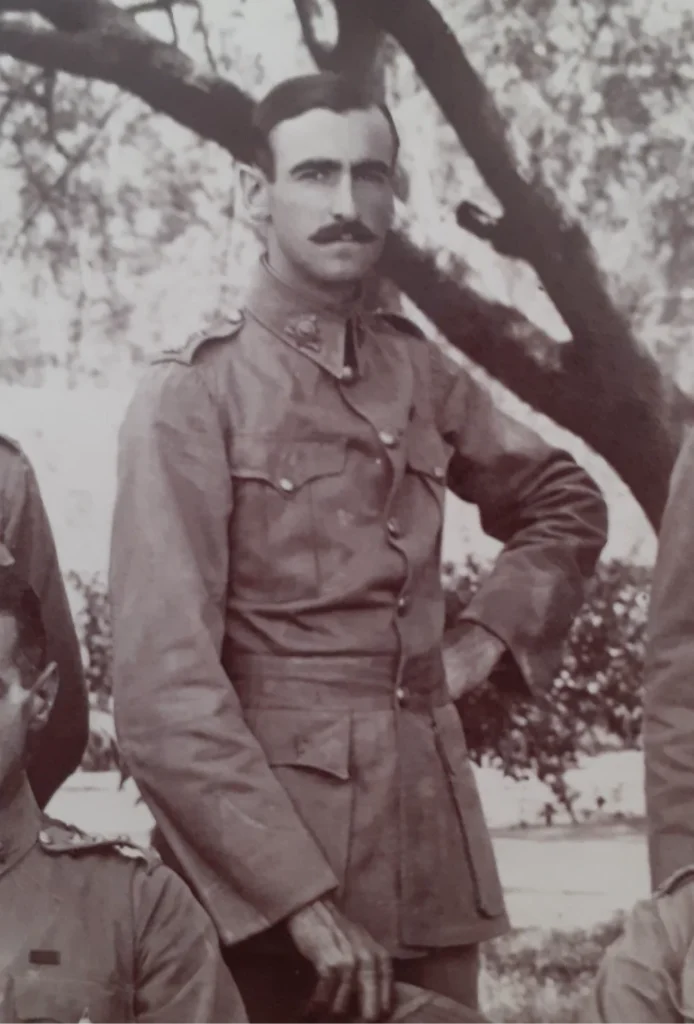

One such person was Sir Adrian Paul Ghislain Carton de Wiart, who served in the British Army during three wars: The Boer War (1899 – 1902), the First World War (1914 – 1918) and the Second World War (1939 – 1945).
He was wounded multiple times, lost a hand and an eye, survived two air crashes, escaped from a prisoner of war camp and was awarded the Victoria Cross, the highest British award for valour in combat.
This is the incredible but true story of the indestructible soldier.
Boer War
Adrian Paul Ghislain Carton de Wiart was born in Brussels in 1880, the son of Léon Constant Ghislain Carton de Wiart, a wealthy lawyer, and Ernestine Wenzig, a beautiful Belgian woman.
It was widely rumoured that the boy was the illegitimate son of King Leopold of the Belgians, though this was never confirmed.
In 1886, his parents divorced, and de Wiart and his father moved to Egypt. Léon de Wiart married an Englishwoman there, and Adrian was sent to a boarding school in England. From there, he moved to the prestigious Balliol College in Oxford.
Britain became involved in the Boer War in present-day South Africa in 1899. Adrian left Oxford and joined the British Army without his parents’ permission, giving his name simply as “Carton” and claiming to be 25 years old (in reality, he was barely 20).
Soon after he arrived in South Africa, he was wounded seriously in the stomach and groin and sent back to England to recuperate.
After briefly returning to Oxford, he re-joined the British Army in 1902 (this time under his real name) and was awarded a commission as second lieutenant in a cavalry regiment, the 4th Dragoon Guards.
He was posted first to India and then to South Africa, where, despite his wounds, he became a keen and active polo player.
During one match, he broke his leg but continued playing until the end. In 1907, Adrian de Wiart became a British citizen (up to that time, he had held a Belgian passport).
He was promoted to the rank of Captain in 1910 and, in 1912, became the adjutant for the Royal Gloucestershire Hussars based in England.
First World War
When the First World War began in August 1914, de Wiart was posted to British Somaliland, where the British Army was dealing with an insurgency led by Mohammed bin Abdullah (known to British troops as the “Mad Mullah”).
De Wiart served in the Somaliland Camel Corps, but in early 1915, during an attack on a position held by followers of Mohammed bin Abdullah, de Wiart was shot twice in the face, losing one eye and part of one ear.
He was awarded the Distinguished Service Order for gallantry, and in February 1915, after a brief stay in a nursing home in England, he was posted to the western front in Belgium.
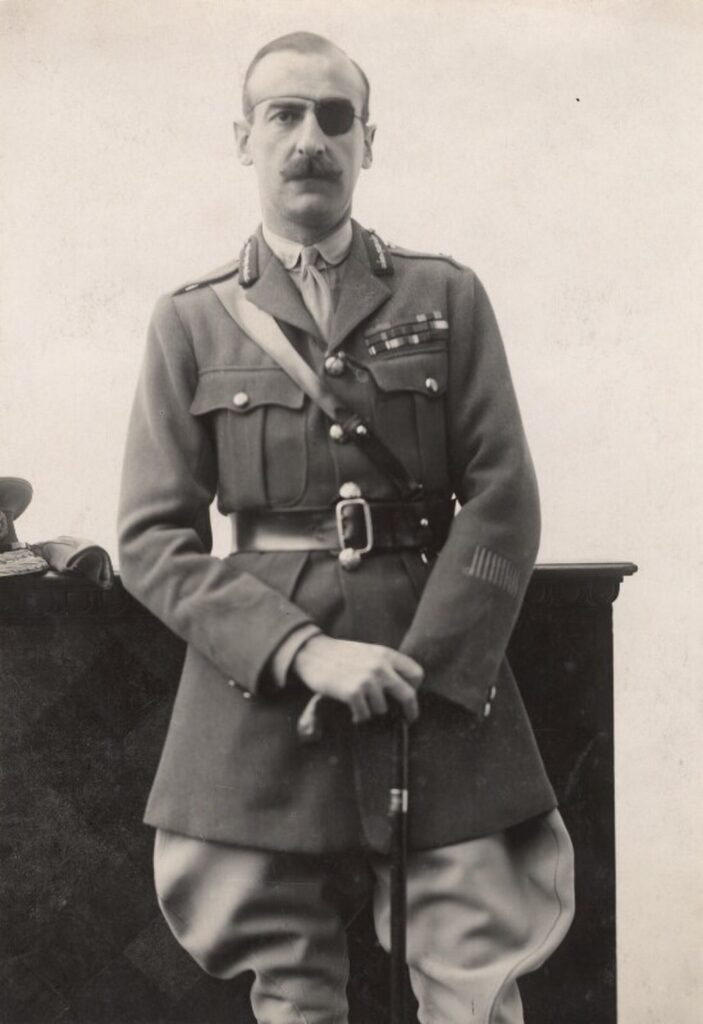
There, he would take part in some of the most intensive fighting the British Army had ever encountered during the Battle of the Somme (1916) and the Battle of Passchendaele (1917).
He was awarded the Victoria Cross, Britain’s highest award for military valour for bravery during the Battle of the Somme after most of the other officers in his regiment were killed or wounded.
On the Western Front, he also added to his already extensive collection of wounds. He was shot in the hand in 1915 and taken to an aid station close to the front. Doctors there wanted to send him back to England in the hope that surgery could save at least part of the damaged hand.
De Wiart simply ripped off the damaged fingers and ordered medical staff to sew up the wound so that he could return to the front (the remains of the hand were finally amputated by a surgeon later).
He survived being shot in the head during the Battle of the Somme (where he was also shot through the ankle), he was shot in the hip during the Battle of Passchendaele and during service on other parts of the front line, was shot through the leg and lost part of his undamaged ear to shrapnel.
In March 1918, he was awarded the Belgian Croix de Guerre, the highest award for military bravery in that country.
In the British Army, soldiers receive a wound stripe each time they are injured in action. By the time World War One ended in November 1918, de Wiart had been awarded eleven wound stripes, making him virtually unique within the British Army.
While other ex-soldiers struggled with psychological problems after the war, in memoirs published in 1950, de Wiart summarised his experience of service during World War One (and his attitude to life in general) by saying:
“Frankly, I had enjoyed the war… why do people want peace if the war is so much fun?”
Between The Wars
In 1919, de Wiart, now a lieutenant colonel, was sent to Poland as part of the British-Poland Military Mission. In the 1919 King’s Birthday Honours List, he was appointed as a member of the Companion of the Order of St Michael and St George, a notable honour that permitted him to use the prefix “Sir.”
Poland, in the period after the end of World War One, found itself under attack by both White and Red Russian forces as well as by troops from Ukraine and Lithuania.
De Wiart emerged unscathed from both a Bolshevik machine gun attack on a train in which he was travelling and the crash of an aircraft in which he was a passenger.
In 1923, he retired from the British Army with the rank of major general.
He spent the next 15 years living in an estate in eastern Poland near the Pripet Marshes. He spent his time happily hunting – he would later say that during the period he lived in Poland, there was not a single day during which he did not hunt.
In June 1939, with war looming between Britain and Nazi Germany, de Wiart was recalled to the British Army and established once again as head of the British Military Mission to Poland.
World War Two
De Wiart barely escaped from Poland when that country was invaded by both Nazi Germany and the Soviet Union in September/October 1939.
He returned to Britain, where he was placed in command of the British contingent in the Namsos Campaign, an ill-considered and poorly planned attempt to land British and French troops in Norway.

The campaign was a disaster, and as Nazi forces over-ran the country, de Wiart and all British troops were evacuated. De Wiart arrived back in Britain on 5th May 1940, his 60th Birthday. Soon after, he was told that he was now too old to command troops in combat, but his adventures were far from over.
Yugoslavia feared that it might soon face a German invasion, and appealed to Britain for help. De Wiart was appointed head of the British-Yugoslavian Military Mission and sent to Belgrade in April 1941.
He left the city in a British Wellington bomber bound for Cairo, but the aircraft developed engine trouble and crashed into the sea off the coast of Italian-controlled Libya.
De Wiart and the other members of the crew were forced to swim over one mile to shore, where they were captured by Italian forces.
De Wiart, along with a number of other senior Allied officers, was sent to a prisoner-of-war camp in a medieval castle in the Tuscany region of Italy.
While incarcerated, he made five escape attempts that culminated in the digging of a 60-foot-long tunnel through which he and several other prisoners escaped.
He attempted to evade capture by posing as an Italian peasant, a challenging option for a 62-year-old with one hand, a distinctive eye-patch and a complete inability to speak Italian. Somehow, he was able to remain at large in Tuscany for eight days before being recaptured and returned to the castle.
In August 1943, in an unexpected turn of events, he was secretly released by the Italian authorities and taken to the city of Lisbon in Portugal.
The Italians were planning to betray their German allies by changing sides, and de Wiart was tasked with helping them negotiate an agreement with the Allies. With this accomplished, he returned to Britain.
He was next appointed as Winston Churchill’s personal representative to the Nationalist Chinese Government, led by Chiang Kai-shek.
The Chinese Nationalists were engaged in a war both with Japan and with Communist insurgents under the leadership of Mao Zedong.
De Wiart’s mission was to persuade the Chinese Nationalists to provide support for British troops fighting the Japanese in Burma.
He achieved some success in this and, in December 1944, returned to England to brief the government on the situation in China. In recognition of his work in China, in the 1945 New Year Honours List, de Wiart was appointed Knight Commander of the Order of the British Empire (KBE).
Post War
After the war ended, Chiang Kai-shek was so impressed by de Wiart that he offered him a job in China, but the 66-year-old was now ready to retire for the last time.
On the way back to England, de Wiart stopped to visit friends in Rangoon, Burma. While there, he fell down a set of steep stairs, knocking himself unconscious and breaking several bones in his spine.
He made a complete recovery, and in October 1947, Adrian de Wiart, holding the rank of lieutenant-general, retired from the British Army for the second and final time.
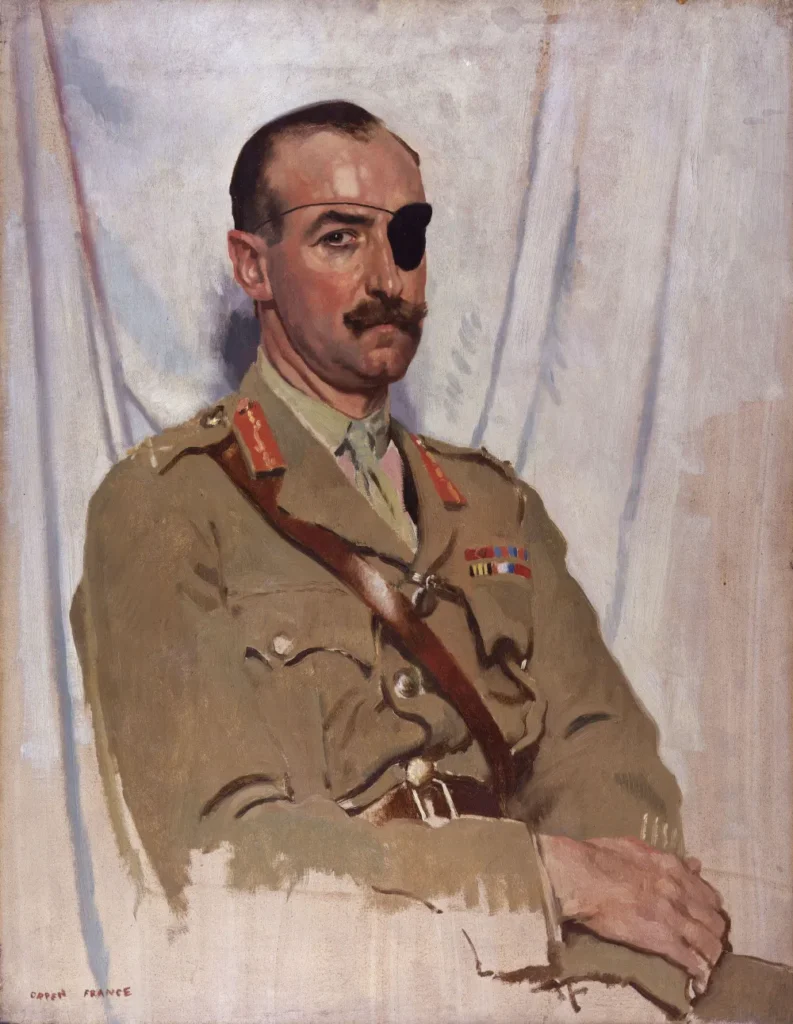
In 1951, at the age of 71, he married a 48-year-old woman (his first wife had died in 1949), and the two settled to live in County Cork, Ireland, where de Wiart occupied himself with hunting and fishing.
Perhaps the most surprising thing about the story of Adrian de Wiart was that he died peacefully in bed at his home in Ireland in 1963 at the age of 83.
There can be few soldiers who have displayed the tenacity, ability, and willingness to ignore serious wounds as Adrian de Wiart.
Many senior officers of the First World War have been characterised as avoiding combat and spending their time far from the front line, but that wasn’t de Wiart’s way.
He lived a life of danger, challenge, adventure, experience, injury and excitement. And he seemed to relish every moment of that long life!
Sources
https://allthatsinteresting.com/adrian-carton-de-wiart
https://www.bbc.com/news/magazine-30685433
https://therake.com/stories/lure-of-duty-the-extraordinary-life-of-an-immortal-soldier

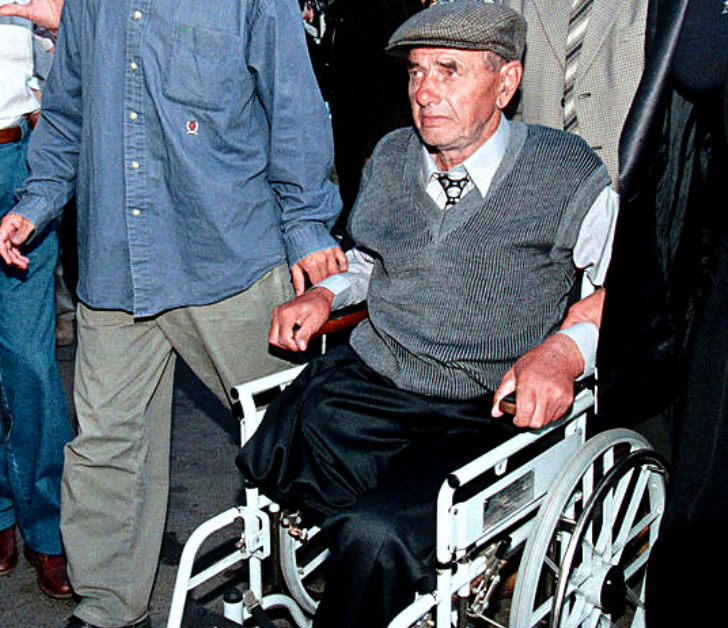





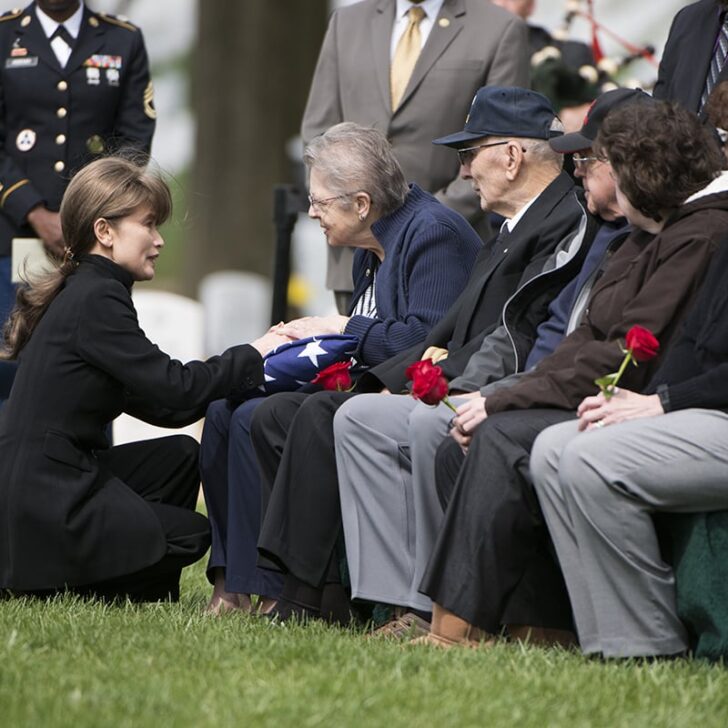





Leave a comment